Western New South Wales farmers big winners in Australia’s first carbon abatement auction securing half the $660m funding
By Sarina Locke ABC Rural
Each farmer has their own story for why they need a market for their carbon.
“This one is the first project, ‘Horse Ridges station’, owned by a guy in his eighties,” explained James Schulz, environmental economist and founder of development consultancy Green Collar.
“He was on the verge of having to give up his farm.
“He had bowel cancer and a broken hip.
“He was about to hand over to sharecroppers and completely clear the entire property, and instead we got talking and he was willing to give us a chance, and it’s turned out quite well.”
Green Collar has worked with farmers in the western division of New South Wales for the past five years, developing native regeneration plans.
Now 40 such farmers have won 10-year funding for the carbon they hold in their trees and soil for the next 100 years, in the first auction of the Emissions Reduction Fund.
To read the full article follow the link:
http://www.abc.net.au/news/2015-04-30/nsw-farmers-cracking-the-carbon-code/6432824
-This article was originally published on the ABC Rural website, 30 April 2015






